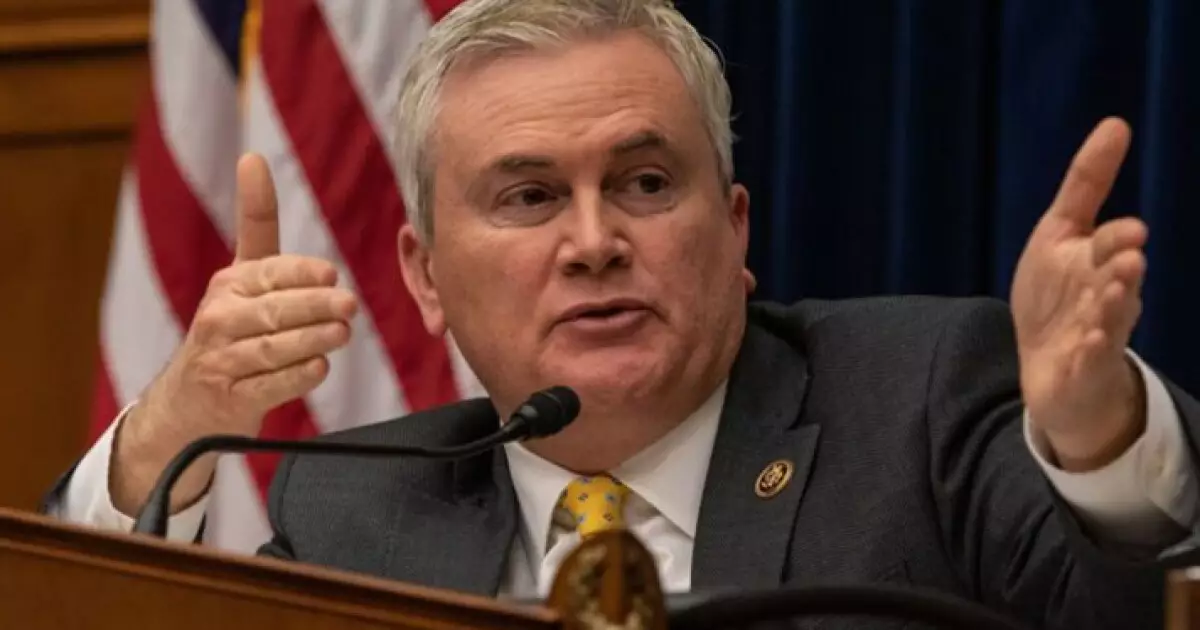Following the U.S. Supreme Court’s recent decision to overturn the Chevron doctrine, House Republican leaders have initiated a review of the Biden administration’s environmental, social, and governance agency regulations. This decision has led to significant concerns among policymakers regarding the impact of the ruling on existing regulations and future rulemaking.
House Transportation and Infrastructure Committee Chair Rep. Sam Graves and Rep. James Comer, chair of the House Oversight Committee, have sent letters to key federal agencies requesting information on rules, actions, and decisions that may be affected by the Supreme Court’s decision in Loper Bright v. Raimondo. The letters highlight the administration’s aggressive interpretations of statutes to push forward President Biden’s climate, energy, and environmental agendas.
The overturning of the Chevron doctrine, which required federal courts to defer to federal agencies’ interpretations of ambiguous laws, marks a significant shift in the balance of power. This landmark separation of powers ruling diminishes the authority of government agencies to interpret statutes, placing a greater burden on federal courts to clarify ambiguous statutes.
Legal experts anticipate a surge in legal challenges to federal agency regulations following the Supreme Court’s decision. The ruling is expected to create a rocky transitional period, making it more difficult for agencies like the Environmental Protection Agency (EPA) to enforce existing climate regulations. Moody’s Investors Service has also raised concerns about the impact of the ruling on new rulemaking and existing climate regulations.
The Supreme Court’s decision is likely to complicate new rulemaking and weaken the authority of federal agencies like the EPA to address environmental issues. This could have far-reaching implications for regulations related to greenhouse gas emissions, drinking water quality, and other climate-related issues. The ruling may also impact the Securities and Exchange Commission’s (SEC) climate-related disclosure rules, making it more challenging to enforce them.
The Supreme Court’s reversal of the Chevron doctrine has raised questions about the future of federal agency regulations under the Biden administration. With a reduced level of agency power to interpret statutes, agencies will face greater scrutiny and potential legal challenges in enforcing environmental regulations. Policymakers and legal experts are closely monitoring the implications of this decision on regulatory practices and rulemaking processes.

